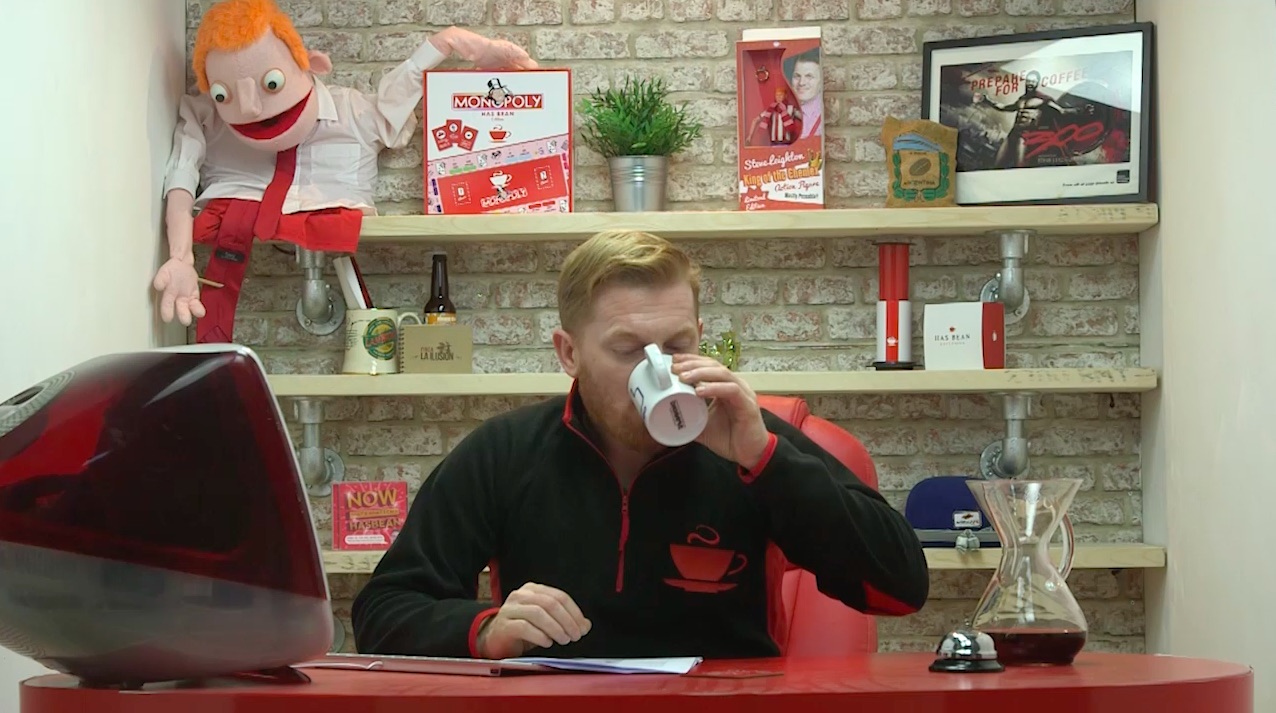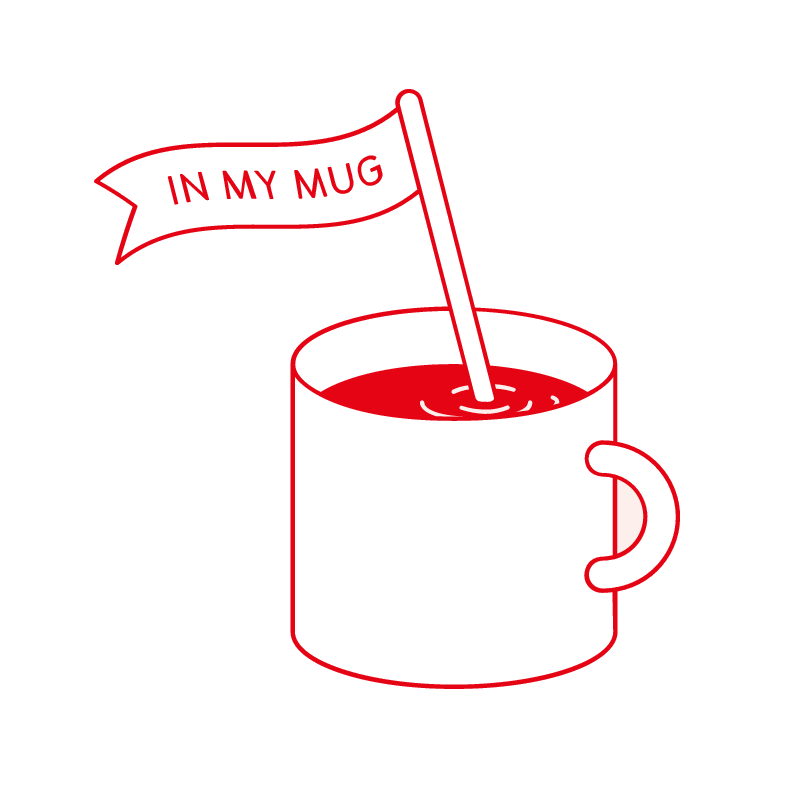Episodes

Monday Jan 23, 2017
Monday Jan 23, 2017
This coffee comes from the Abahuzamugambi ba kawa Maraba Cooperative (what a name!!) in the Huye district of the southern province of Rwanda.
Abahuzamugambi ba kawa Maraba is one of Rwanda’s first coffee cooperatives that today manages four washing stations: Sovu, Kibingo; Kabuye and Cyarumbu. Now counting with 1,372 members, the cooperative has grown to encompass various sectors of the Huye district, providing not only services associated with the milling and marketing of coffee but also improvement of local livelihoods through providing health care and other social programming.
Maraba itself was created in 2001 – one of the first coffee cooperatives (if not the very first) to arise in the wake of in of the devastating 1994 genocide and the 1990s world coffee crash. Sovu washing station began operating in 2005: currently around 500 producers deliver their cherry here and the washing station produces about 18 metric tonnes of exportable green coffee annually.
Most of the small scale producers with whom Maraba works own less than a quarter of a hectare of land, where they cultivate an average of only 250 – 300 coffee trees each as well as other subsistence food crops such as maize and beans. The cooperative gives these small farmers the chance to combine their harvests and process cherries centrally.
Before the proliferation of washing stations such as Sovu, the norm in Rwanda was for small farmers to sell semi-processed cherries on to a middleman, and the market was dominated by a single exporter. This commodity focused system – coupled with declining world prices in the 1990s – brought severe hardship to farmers, some of whom abandoned coffee entirely. Today, it’s a different picture. Farmers who work with Maraba have seen their income increase substantially and for the last 6 years, Maraba has won at least one lot to the Cup of Excellence competition.
The level of care that Maraba takes over the processing is impressive. Cherries are hand-picked only when fully ripe and then pulped that same evening using a mechanical pulper that divides the beans into three grades by weight. After pulping, the coffee is fermented overnight (for around 12 hours) and then graded again using flotation channels that sort the coffee by weight (the heaviest – or A1 – usually being the best). The wet parchment is then soaked in water for between 18 and 24 hours to stabilise moisture content.
As at most washing stations in Rwanda, women do the majority of the hand sorting. This takes place in two stages – on the covered pre-drying tables and on the drying tables. Washed beans are moved from the wet fermentation tanks onto the pre- drying tables, where they are intensively sorted under shade for around six hours. The idea is that greens (unripes) are still visible when the beans are damp, while the roofs over the tables protect the beans from the direct sunlight. Next, the beans are moved onto the washing station’s extensive drying tables for around 14 days (depending on the weather), where they are sorted again for defects, turned regularly and protected from rain and the midday sun by covers, ensuring both even drying and the removal of any damaged or ‘funny looking’ beans. After reaching 11% humidity, the coffee is then stored in parchment in CWS purpose-built warehouse prior to final dry-milling and hand-sorting at the Cooperative’s brand new dry mill in Kigali. Each coffee that arrives is also cupped by the Q-graders of Maraba’s exporting partner, Rwashocco.
Lots are usually separated out by days. Upon delivery as cherry, the coffee receives a paper ‘ticket’ that follows the lot through all its processing. This ticket bears the date of harvest and the grade (A1, A2 etc) of the. This simple but effective practice is a crucial tool in controlling quality and ensuring the traceability of lots. In addition to the great work that the cooperative does with quality improvement and assurance, they also have various social programs that greatly contribute to the livelihoods of their members. School fees and medical insurance are provided along with training in quality and productivity in cultivation of coffee.
Rwanda is a country that has a troubled past. In the early 1990s, coffee was Rwanda’s most lucrative export with the country exporting 45,000 tonnes of it in 1990. Events in the 1990s, however, decimated Rwanda’s coffee industry. Most importantly, the 1994 genocide claimed the lives of nearly a million Rwandans, destroying Rwanda’s economy and erasing much of the specialised knowledge needed to export coffee profitably. Simultaneously, world coffee prices plummeted in the 1990s due to increased worldwide production and consolidation of purchasing by multinational corporations.
In the cup this starts off very sweet with a typical Bourbon sweetness, makes me think of Dolly Mixtures, a really sugary sweet coffee. This is followed up by creamy lychee and milk chocolate on the finish.
- Country: Rwanda
- Region: Southern Province
- District: Huye
- Town: Maraba
- Cooperative: Abahuzamugambi ba kawa Maraba
- Washing Stations: Sovu, Kibingo, Kabuye and Cyarumbu
- Altitude: 1,700-2,200 m.a.s.l.
- Varietal: Red Bourbon
- Processing Method: Fully Washed
CUPPING NOTES
Dolly Mixtures, lychee, milk chocolate, sweet, creamy.
Clean Cup: (1-8): 7
Sweetness: (1-8): 7
Acidity: (1-8): 7
Mouthfeel: (1-8): 6
Flavour: (1-8): 6
Aftertaste: (1-8): 7
Balance: (1-8): 6
Overall: (1-8): 6
Correction: (+36): +36
Total: (max 100) : 88

